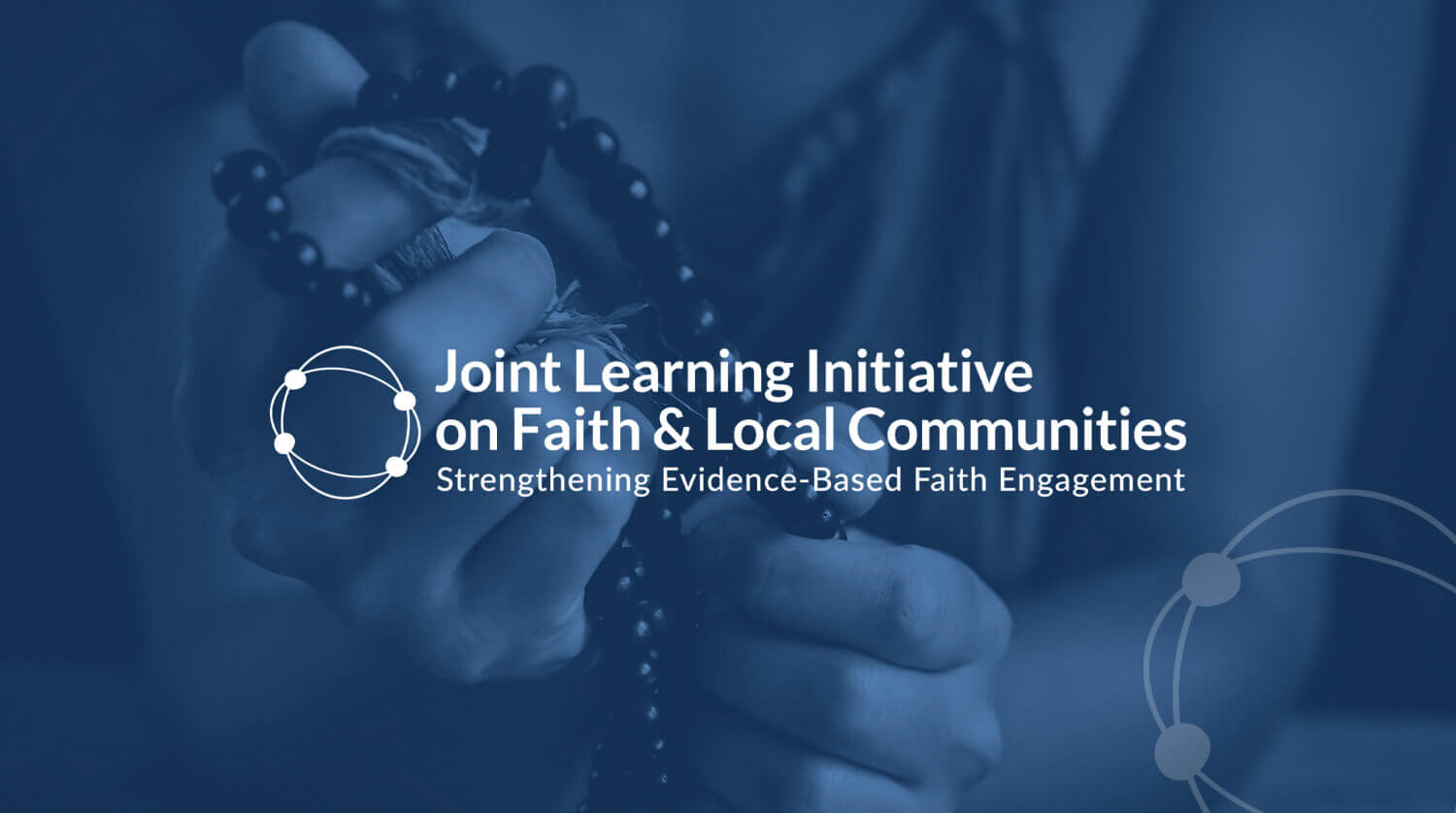Salt Lake City 2019
JLI Partner Soka Gakkai International (SGI) convened two events at the recent UN Civil Society Conference.
The Power of Faith Actors to Promote Resilient Cities & Communities
Moderated by Nobuyuki Asai, Director for Humanitarian Affairs and Sustainable Development, Office of Peace and Global Issues.
Speakers:
- Vanessa Pizer, Senior International Program Officer, Episcopal Relief and Development (ERD), ERD partner ecare’s work in the Philippines.
- Jason Alfonse Fileta, Vice President, Tearfund USA, Tearfund’s garbage project in Pakistan and Rubbish advocacy campaign in the UK.
- Bruce Knotts, Director, Unitarian Universalist (UU) UN Office, UU’s humanitarian activities.
Vanessa Pizer described disaster relief and recovery using an asset-based approach in the Philippines following Typhoon Haiyan. The development arm of the Episcopal Church in the Philippines, ecare, uses a“R2G” (Receivers to Givers) model, designed to develop dignity and generate hope and empowerment.
Jason Fileta outlined Tearfund’s work supporting Haryali garbage collectors in Karachi which lessens the burning of toxic material and increases recycling, and the Rubbish advocacy campaign in the UK to push major companies to reduce the production of plastic bottles.
Bruce Knotts described UU initiatives including support to orphaned children in Ghana through the Queen Mothers, assistance for LGBT asylum seekers, and the “No More Deaths” program where volunteers leave water in the desert for people crossing the border into the USA.
The Q and A session considered what added value faith groups bring. The speakers stressed that faith groups have been involved in support to the vulnerable in societies since long before NGOs appeared, that their contributions are longer-term and linked to human qualities such as dignity and hope. Also, advocacy linked to religious beliefs outlasts other forms. Nobuyuki Asai also described the contributions of FBOs in Japan including Soka Gakkai following the 2011 earthquake and tsunami disaster.
Post-session action will be to continue to share lessons learnt and experiences of success through such exchanges between different faith actors and through the Joint Learning Initiative on Faith & Local Communities (JLI) that was a co-organizer of this workshop.
Amazon Frontline Report: Challenges and Partnerships for Sustainability in Manaus, Brazil’s Amazonas State
Joan Anderson, Senior Coordinator for Peace and Global Issues, Soka Gakkai International moderated the session
Speakers
- Tais Tiyoko Tokusato, Environmental Education Programs Coordinator at the Soka Institute for Environmental Studies and Research of the Amazon, environmental education programs and reforestation project
- Cintia Okamura, PhD, a community participation expert from the Environmental Agency of the State of São Paulo, sustainable community projects
- Denise Machado Duran Gutierrez, PhD, Social Technology Coordinator at the National Institute of Amazonian Research (INPA), developing social technologies with local people
Panelists spoke of the challenges and successes of their grassroots efforts in Manaus City and gave examples of partnerships developed to help carry out the work in their communities. All the case studies presented effective partnerships which can be linked to SDG 17. Tais spoke of the Institute’s environmental education programs with the community and reforestation projects, stressing that partnerships have been the key to their success. There was a short video message by Adalberto Carim Antonio, Chief Judge of Specialized Court of Environment and Agrarian Issues of Amazonas who highlighted Soka Institute’s “Seeds of Life” reforestation project in Manaus, and the night school where environmental criminals are exposed to environmental education to positive effect. Dr. Okamura explained the process of developing a sustainable project in Aleixo Lake by bringing its residents, companies and government institutions together in partnership to find solutions. Dr. Gutierrez introduced three concrete examples of social technologies, which integrates scientific knowledge with traditional knowledge, created with local people in the Amazon region.






